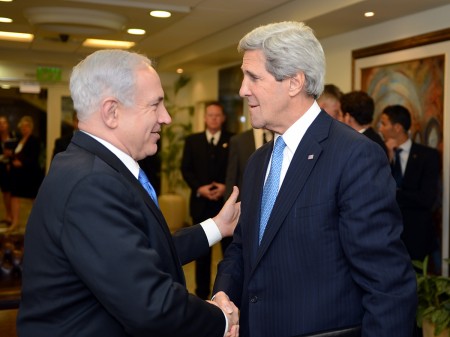This article was originally published by the European Council on Foreign Relations on 21 July, 2014.
Whatever its leaders say, France is once again caught up in the latest spiral of violence involving Israelis and Palestinians in the Middle East. This was made clear by the clashes that took place between protesters and the police on 19-20 July 2014 in Paris and Sarcelles after pro-Palestinian marches were banned. Since the confrontation resumed and Israel launched its Protective Edge offensive on 8 July against Hamas in the Gaza Strip, hundreds of Palestinians have been killed. Meanwhile, the Élysée has striven, against the odds, to prevent the conflict from being imported into France, in spite of the visibility of the issue and the fact that it is explosive enough to divide the French more than any other regional or global crisis. Since early July, peaceful marches and militant demonstrations – some pro-Palestinian, some pro-Israeli – have each been attended by thousands of people.
What is behind this enduring French passion for a conflict that is on the face of it distant, foreign, and complex? What domestic tensions and fractures does it really reflect?

